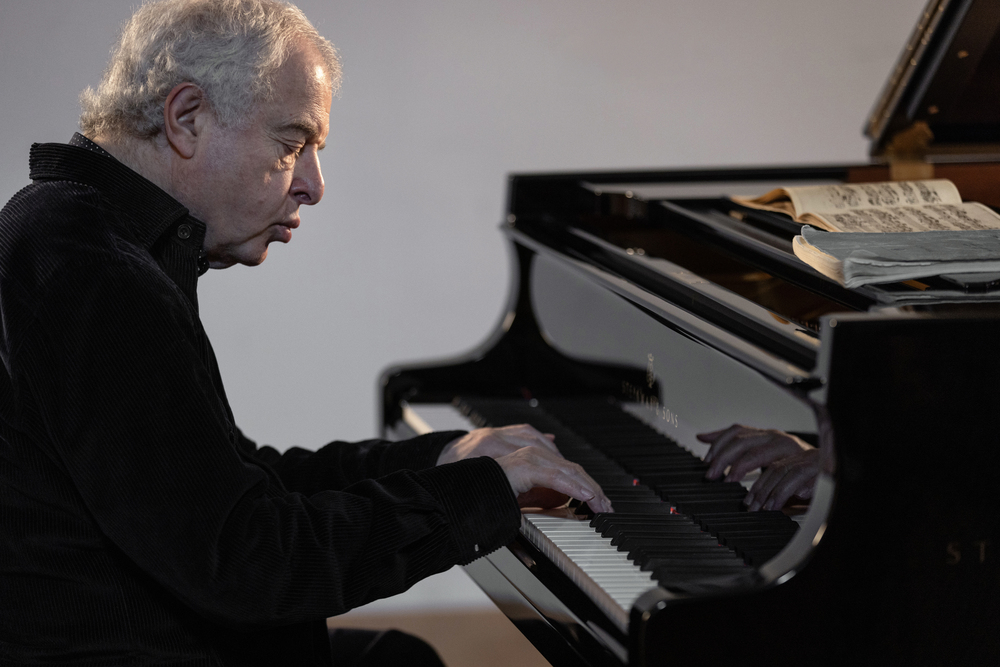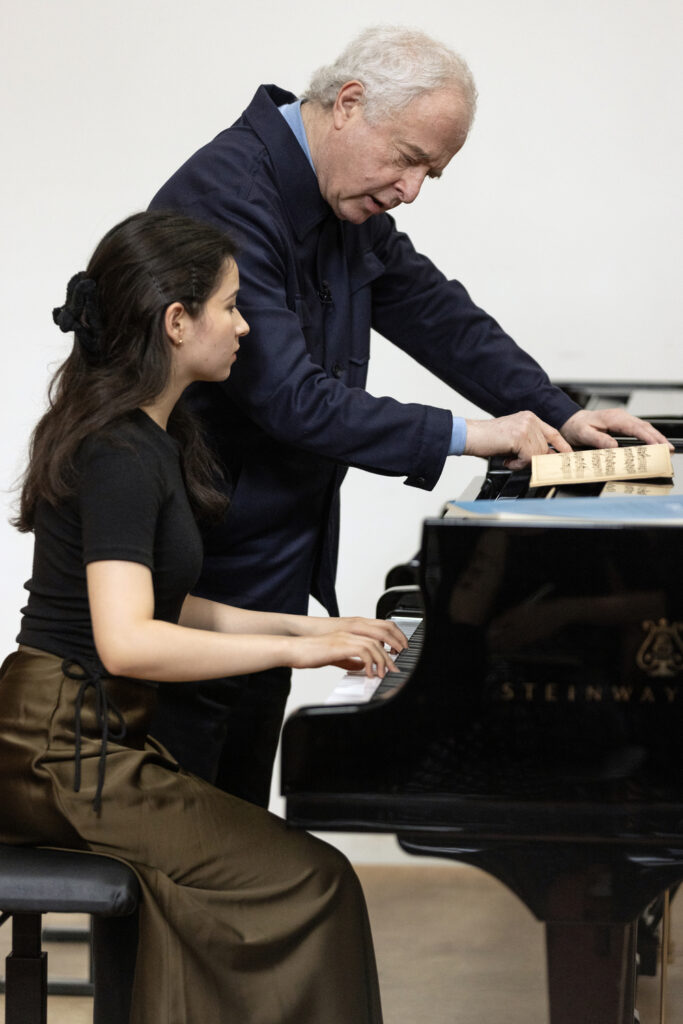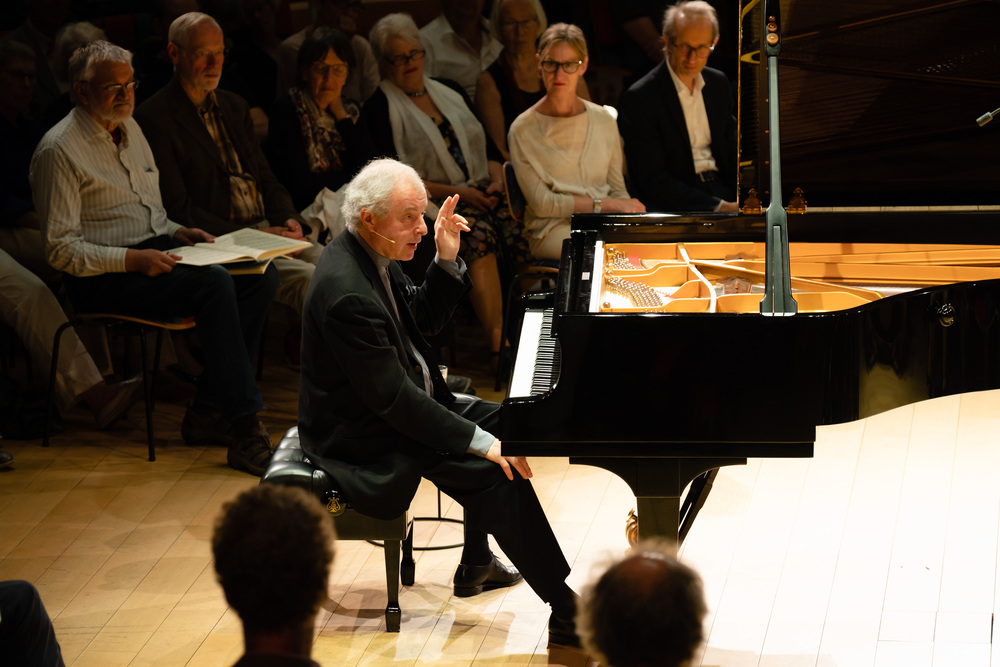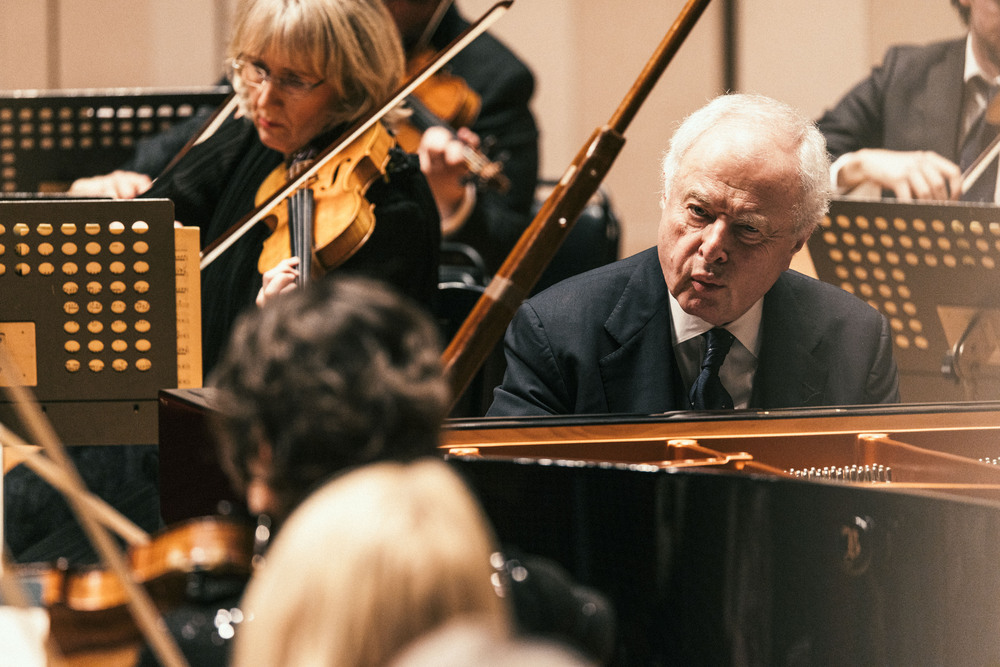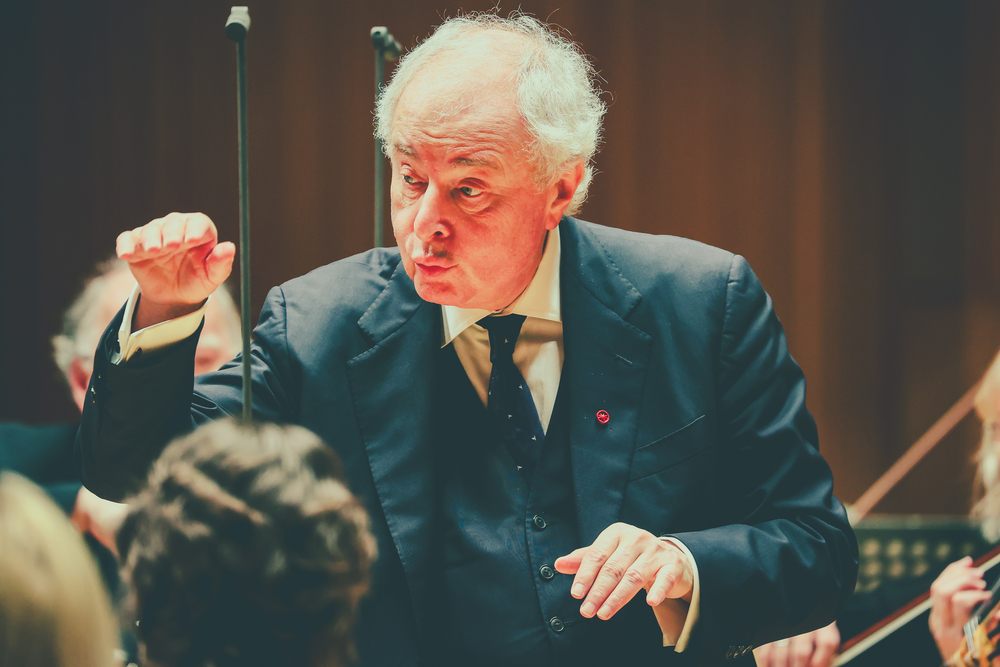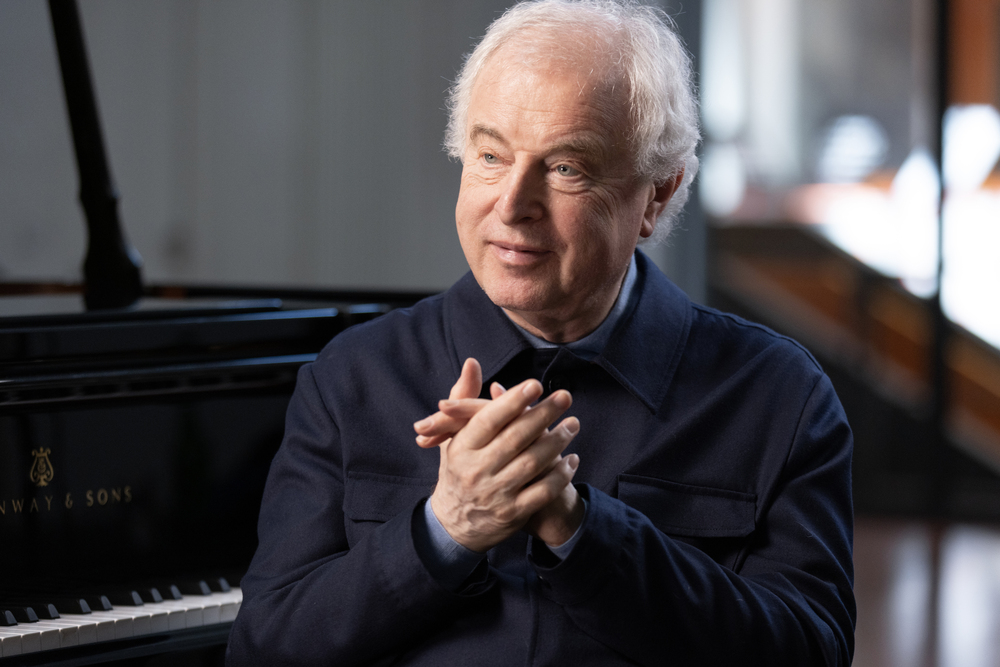The 36th
LaureateMusic
András Schiff
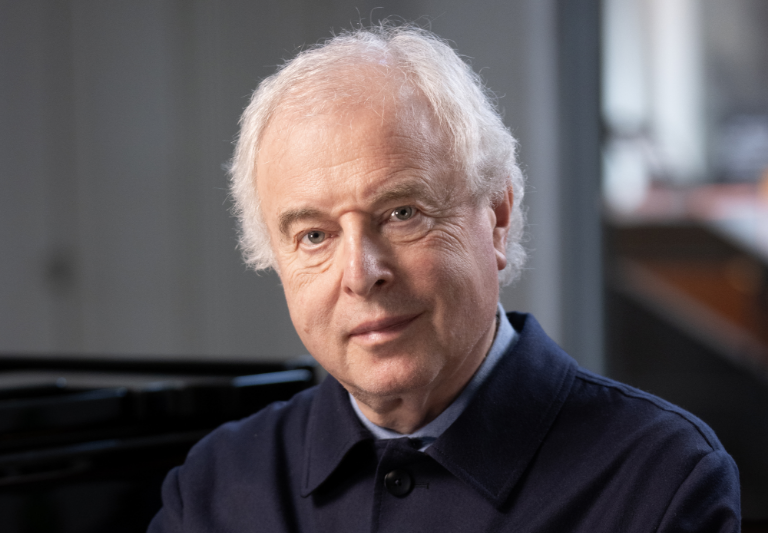
Born December 21, 1953 / Budapest, Hungary
Sir András Schiff is widely regarded as one of the foremost pianists of our time and is celebrated for his interpretations of composers from Bach to Bartók. He began playing the piano at the age of five and studied at the Liszt Academy in Budapest, later continuing his training in London under the renowned harpsichordist George Malcolm. Recognizing that “a pianist’s life is often a solitary one,” Schiff founded his own chamber orchestra, Cappella Andrea Barca, in 1999. He also conducts, believing that “conducting broadens one’s perspective,” and is active as a musician well beyond the traditional role of a pianist. Passionate about sharing music and mentoring the next generation, Schiff often speaks to his audience during concerts, viewing “being a musician not as a profession but a privilege.” In 2014, he was knighted by Queen Elizabeth II for his services to music. His writings, including Music Comes from Silence, offer valuable insights into his musical philosophy. He is married to the Japanese violinist Yūko Shiokawa.
Biography
Sir András Schiff is one of the most distinguished pianists of our time. Born in Budapest in 1953, he began playing the piano at age five with Elisabeth Vadász and later studied at the Liszt Academy under Pál Kadosa, György Kurtág, and Ferenc Rados, before continuing with George Malcolm in London—whom he credits as “a key influence in helping me understand Bach.” Though he preferred football to music in his early years, Schiff ultimately embraced music as his calling.
A versatile musician, Schiff’s repertoire spans a broad range of composers, including Bach, Haydn, Mozart, Beethoven, Schubert, Schumann, Bartók, and Janáček. He is especially drawn to cyclical programs and large-scale projects such as performing all 32 Beethoven piano sonatas in over 20 cities worldwide. An advocate of spontaneous communication, he no longer announces his recital programs in advance, choosing instead to decide his repertoire on the day, based on the instrument and acoustics of the venue.
Noted for his “play-direct” approach—conducting from the keyboard—Schiff has performed concertos by Bach, Mozart, and Beethoven under his own direction. In 1999, he founded Cappella Andrea Barca, a chamber orchestra of international soloists and friends, with whom he works closely. He also collaborates with the Chamber Orchestra of Europe and, since 2018, has served as Associate Artist of the Orchestra of the Age of Enlightenment, performing on period instruments. A passionate chamber musician, he has curated festivals in Mondsee, Ittingen, and Vicenza, where he is also an honorary citizen and recipient of the “Lauro Olimpico” award.
Schiff’s performances are always from memory, a practice rooted in his belief that removing the barrier of sheet music fosters deeper communication with the audience. He sees the performer’s role not as creator but “re-creator,” serving the composer with humility and respect. His artistry has been widely recognized: he was knighted by Queen Elizabeth II in 2014, awarded the Gold Medal of the Royal Philharmonic Society, the Grand Cross of Merit of Germany, and the Austrian Cross of Honour for Science and Art in 2024. He has also received the Bach Medal from Leipzig and the Antonín Dvořák Prize in Prague.
Beyond the stage, Schiff is dedicated to mentoring young musicians. He teaches at Kronberg Academy and the Barenboim-Said Academy and in 2014 launched the “Building Bridges” program to support emerging pianists. His discography includes landmark recordings for Decca and, since 1998, for ECM—where his live Beethoven sonata cycle and collaborations with Jörg Widmann and the Orchestra of the Age of Enlightenment have received widespread acclaim. His book Music Comes Out of Silence explores his performance philosophy and artistic journey.
A pivotal moment in his life came at the 1975 Marlboro Festival, where he met Japanese violinist Yūko Shiokawa, whom he later married. Their partnership has deepened his appreciation for Japanese aesthetics—especially silence and space—which now inform the quiet intensity of his interpretations.
Though he acknowledges the solitude of his profession, Schiff regards music not as a career but as a privilege, performed always with joy, discipline, and reverence.
-
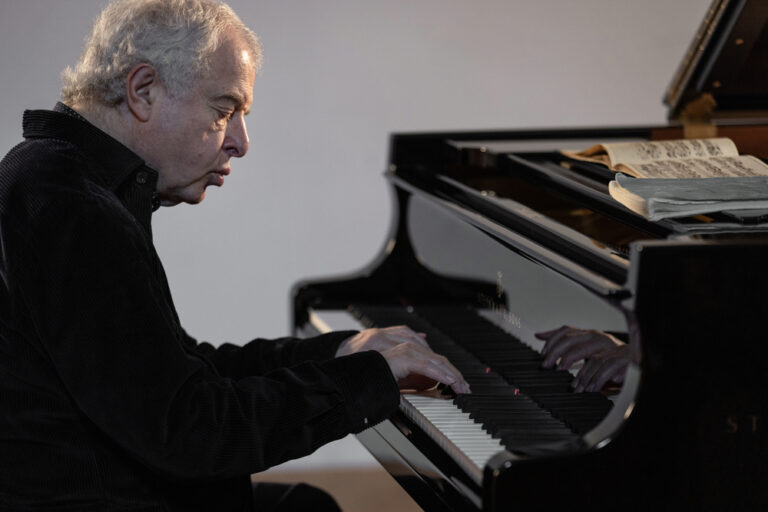
At the Mozart Auditorium of the Barenboim-Said Akademie in Berlin, April 2025
-
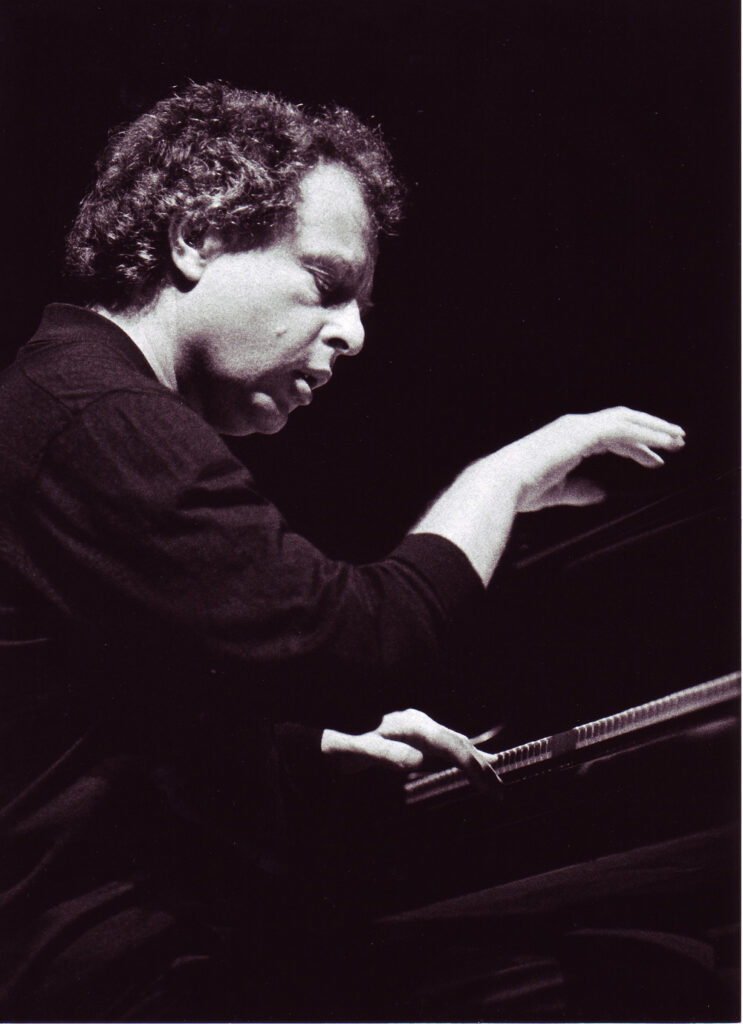
In his younger days
-
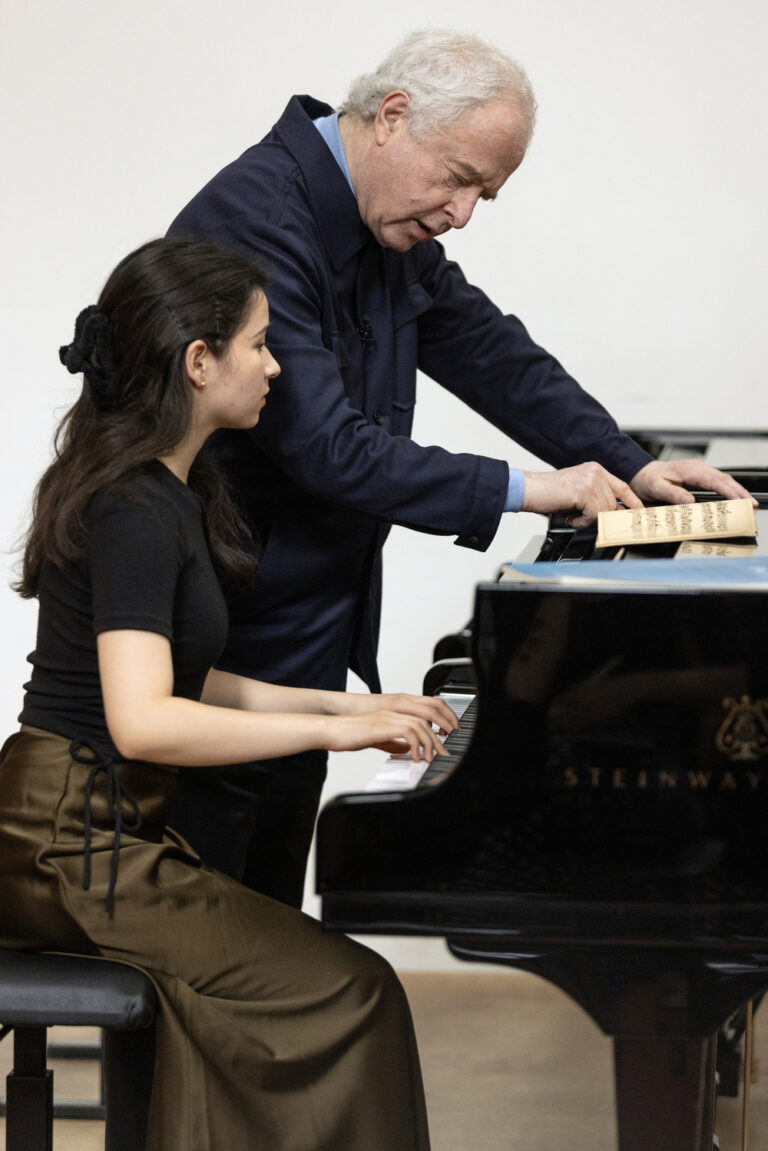
The masterclass teaching at the Barenboim-Said Akademie in Berlin, April 2025
-
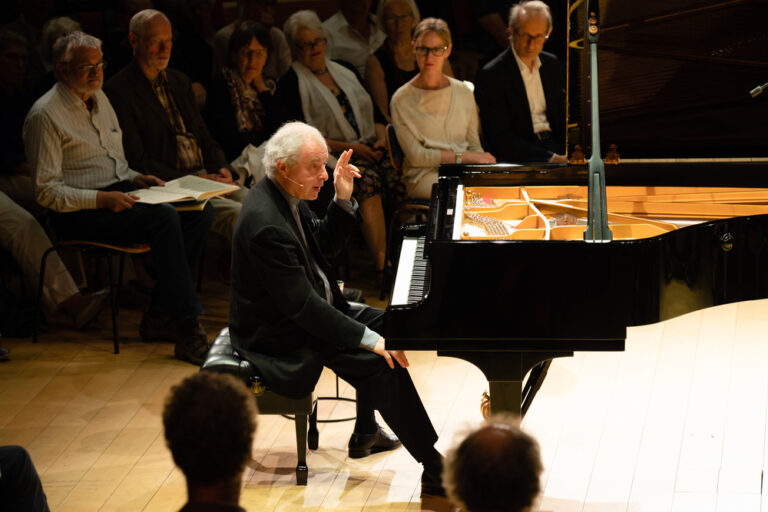
Speaking to the audience at the concert
-
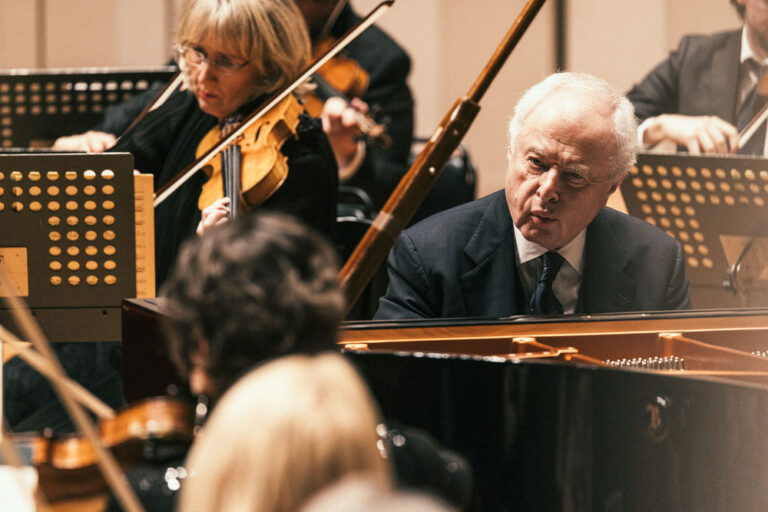
Concert of András Schiff & Capella Andrea Barca, March 2025
-
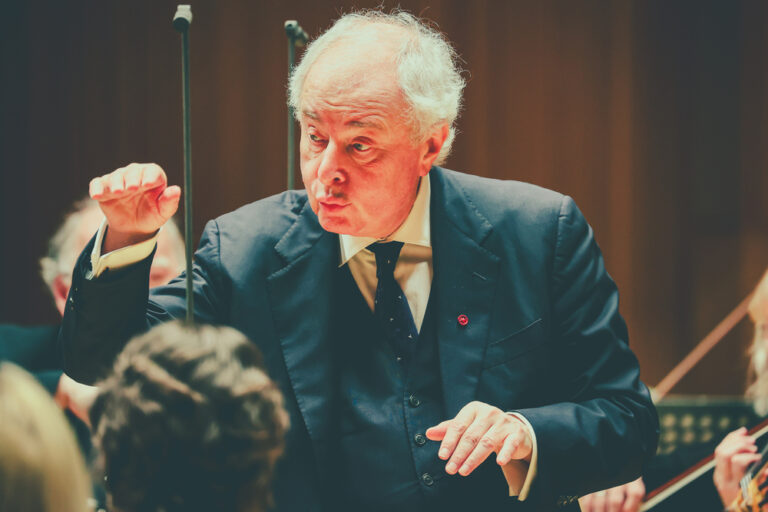
Concert of András Schiff & Capella Andrea Barca, March 2025
-
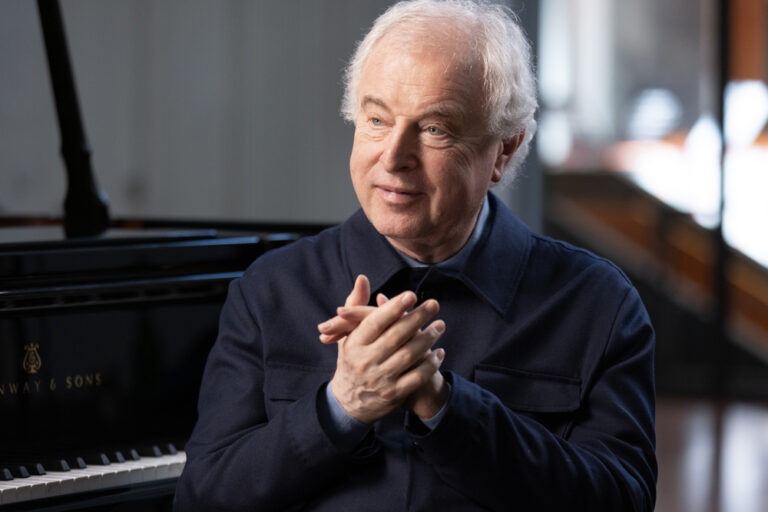
At the Mozart Auditorium of the Barenboim-Said Akademie in Berlin, April 2025

